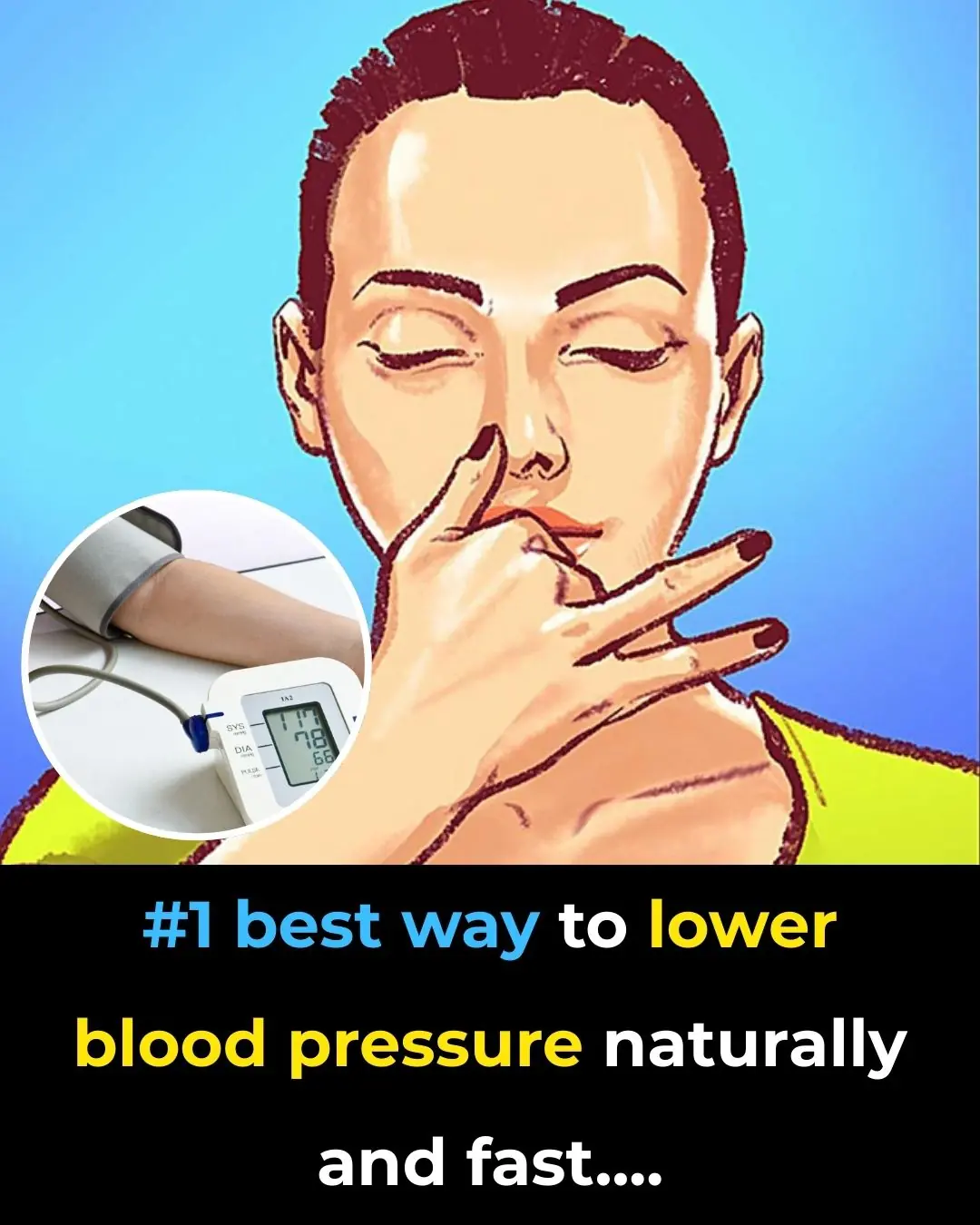
Groups of People Who Need to Avoid Eating Bread
Bread is a global food staple, and for good reason. It's affordable, versatile, and a convenient source of carbohydrates that our bodies need for energy. A balanced diet can certainly include bread, especially whole-grain varieties.
However, bread isn't right for everyone. For certain groups of people, reducing or eliminating bread can significantly improve their health.
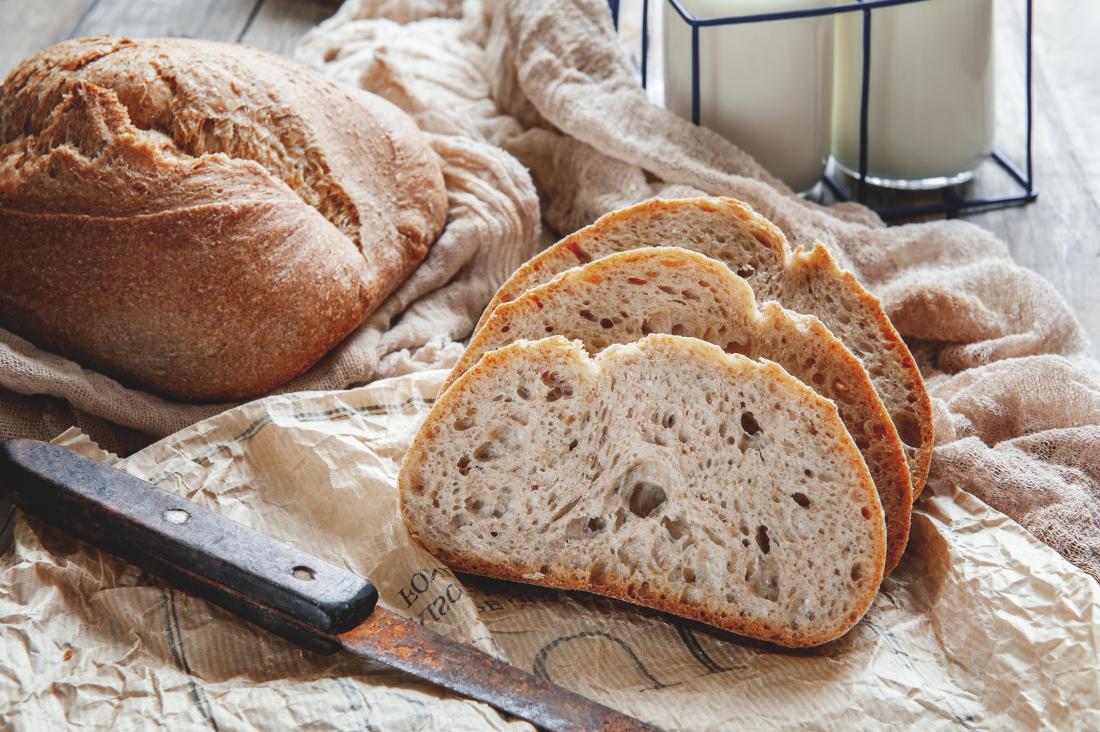
Who Should Consider Limiting Bread?
If you have certain health conditions or are looking to achieve specific health goals, you may want to re-evaluate your bread consumption.
1. People with Digestive Issues
White bread, in particular, contains refined starches and gluten, which can be difficult for some people to digest. If you experience symptoms like bloating, gas, or chronic constipation, bread may be a trigger. This is particularly true for those with sensitive digestive systems, such as young children and the elderly.
2. Individuals with Diabetes or Heart Disease
Many commercial breads are high in refined starches, which can cause blood sugar levels to spike. Over time, these spikes can contribute to insulin resistance and put a strain on your cardiovascular system. If you are managing diabetes or heart disease, choosing whole-grain, high-fiber breads is a better option, or you might consider cutting back altogether.
3. Those Who Are Overweight or Obese
Despite its common perception as a simple food, bread can be calorie-dense, especially when paired with high-fat spreads or processed meats. Two slices of white bread can contain nearly 400 calories. For people trying to lose or maintain a healthy weight, reducing bread consumption can be a simple way to cut calories and support their weight loss goals.
4. People with Chronic Kidney Disease
Research suggests that a diet high in refined grains (like white bread) may increase the risk of certain types of kidney cancer. Additionally, many packaged breads are high in sodium, which can put extra strain on the kidneys. Limiting bread and other processed grain products is a smart choice for individuals managing kidney health.
5. Individuals with Chronic Fatigue
While bread provides energy from carbohydrates, some people find that eating it, especially low-fiber varieties, can lead to feelings of sluggishness or "brain fog." This could be due to blood sugar fluctuations or individual sensitivities. For those who feel tired despite getting enough rest, reducing reliance on bread as a primary energy source may help improve their energy levels.
The Bottom Line
Bread can be a part of a healthy and balanced diet, especially when you choose whole-grain, high-fiber options. However, for certain groups of people—including those with digestive issues, diabetes, or chronic fatigue—it may be worth exploring how a diet with less bread can improve their health and well-being.
The key is to listen to your body and find what works for you.
News in the same category

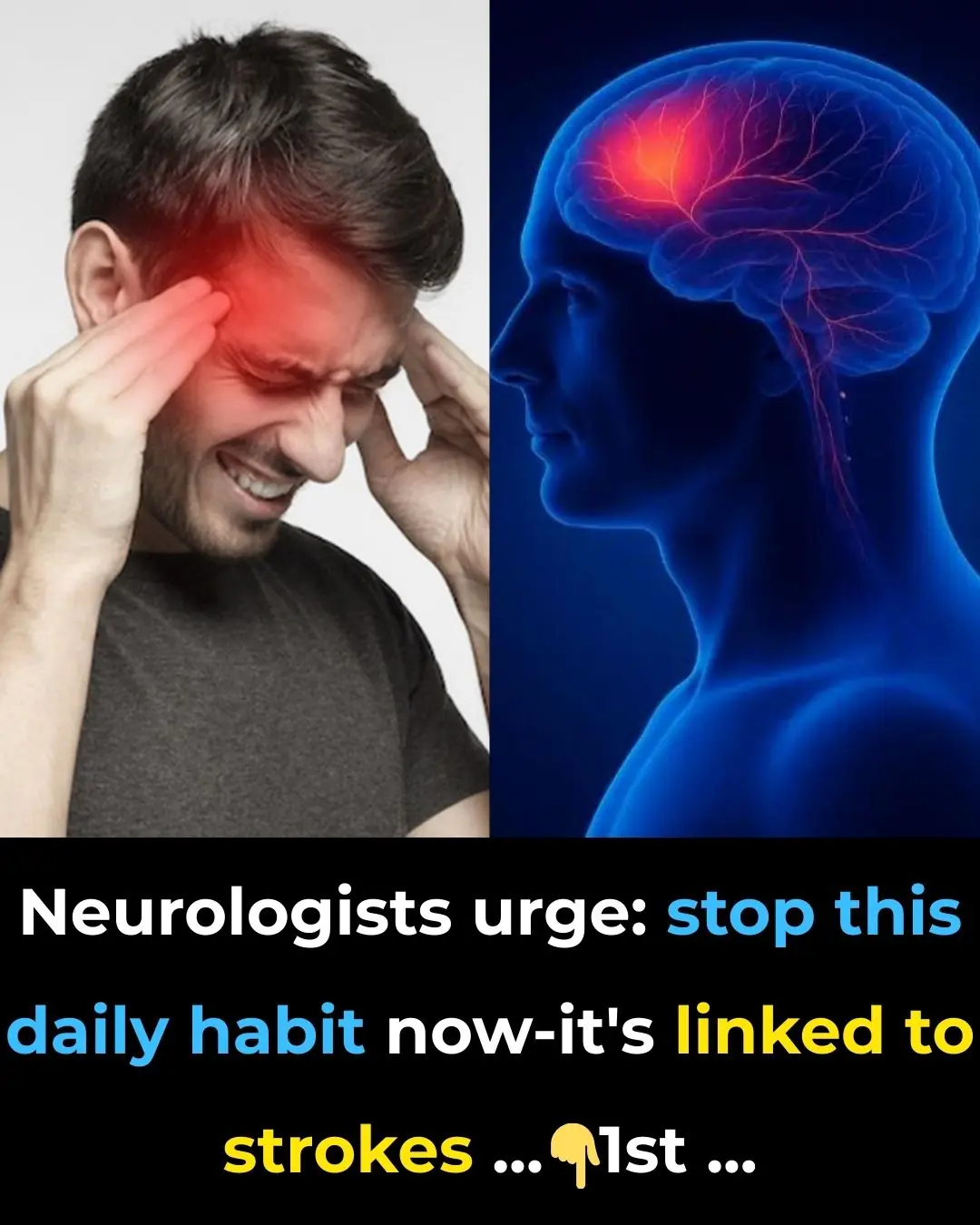
Neurologists urge: stop this daily habit now—it’s linked to strokes!
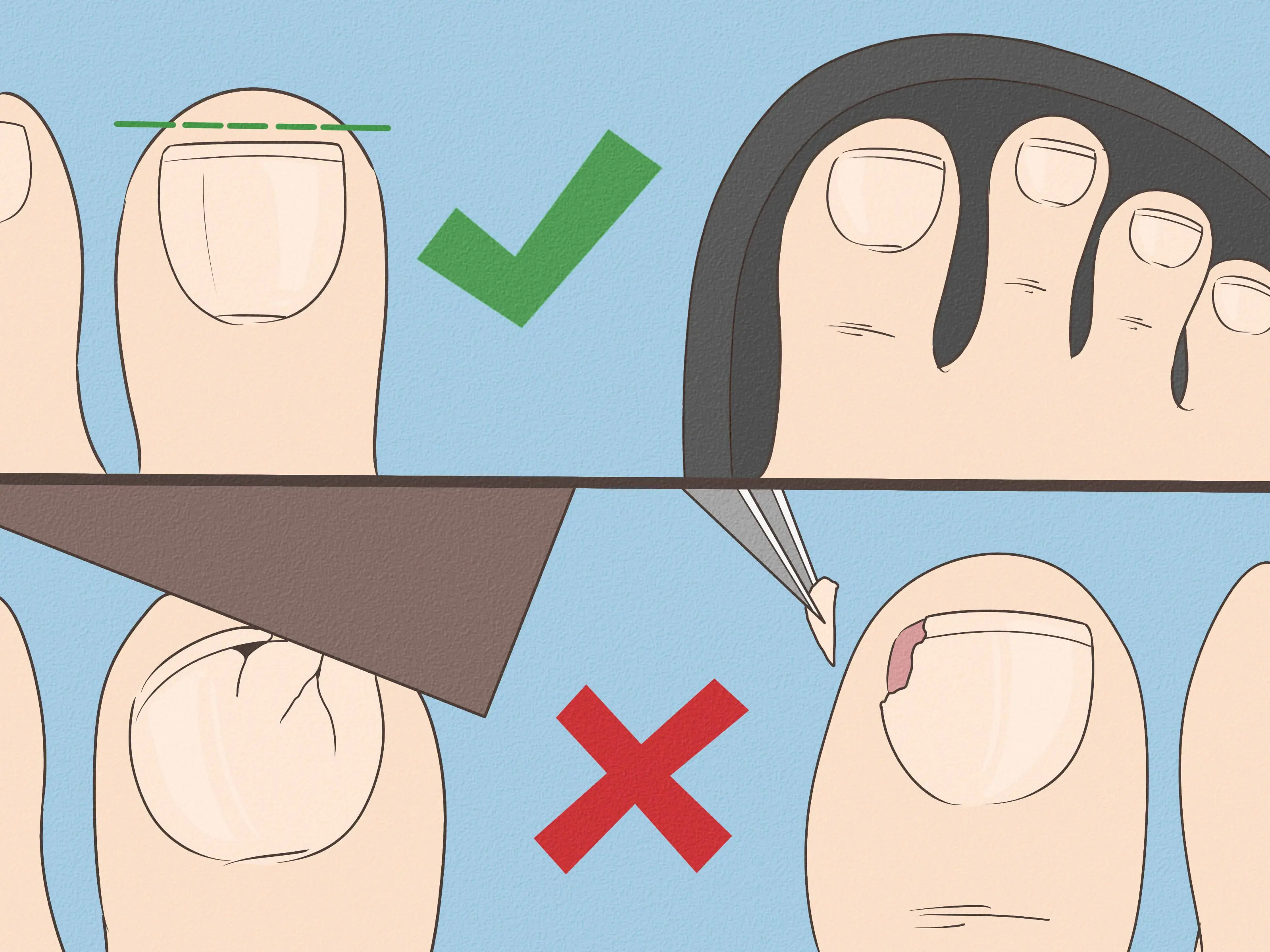
Natural Home Remedies for Ingrown Toenails That Bring Quick Relief
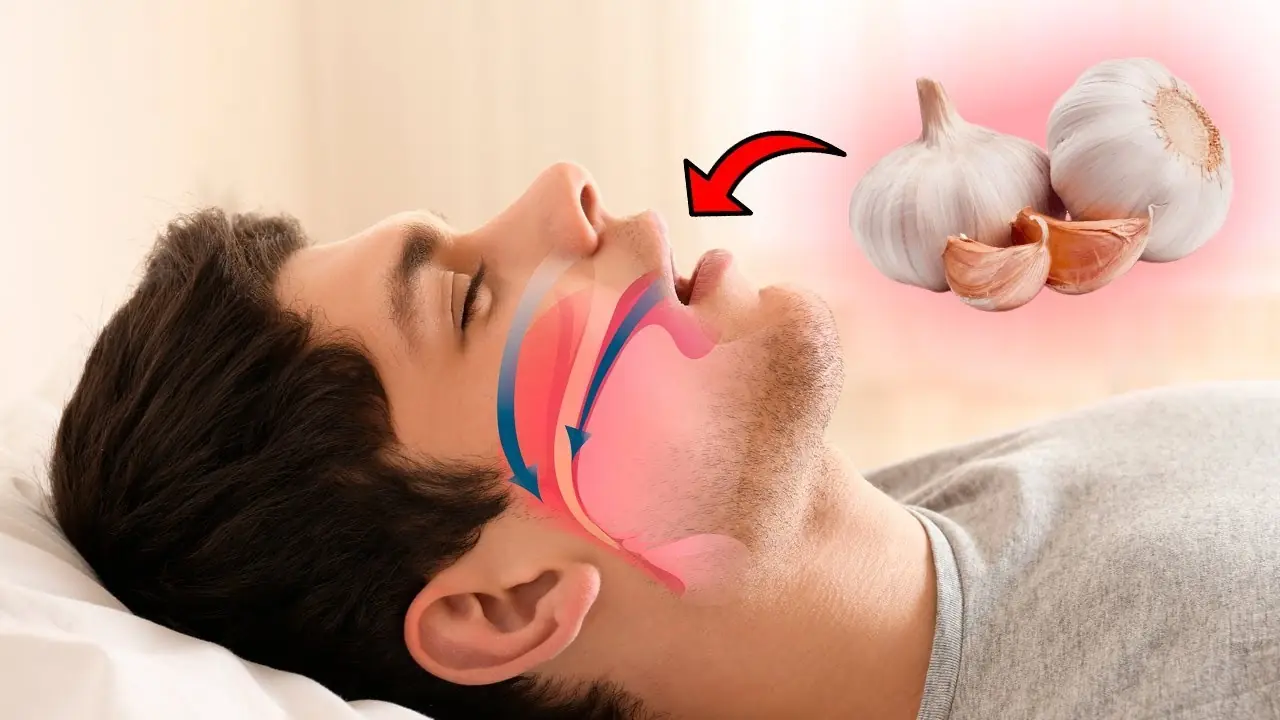
This Is What Happens to Your Body When You Start Eating Raw Garlic

What Those Red Spots on Your Skin Are Warning You About and How to Remove Them Naturally
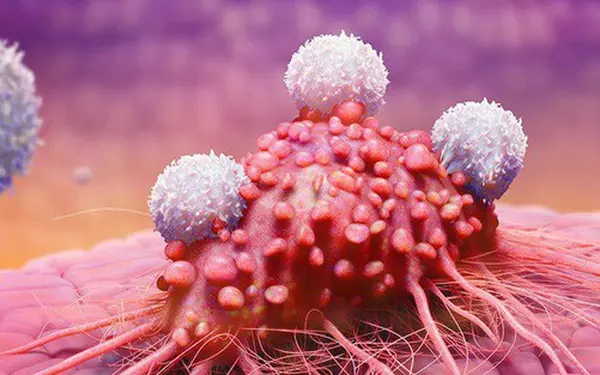
Small Morning Habits That Many Overlook but Boost Blood Flow and Energy

Woman Urged to See Doctor After Spotting Concerning Line
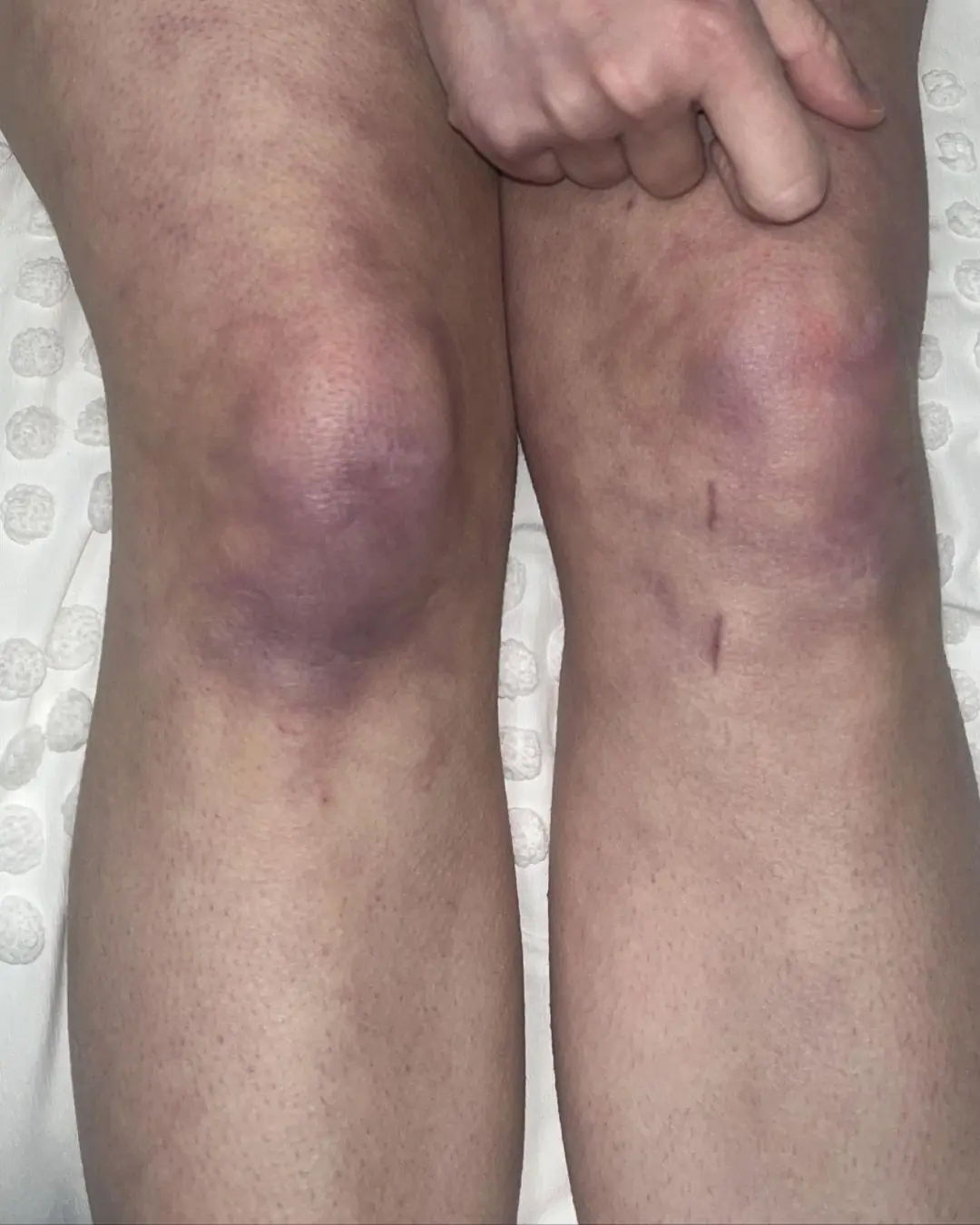
What those strange skin patterns might really mean

Should You Eat Rice for Breakfast
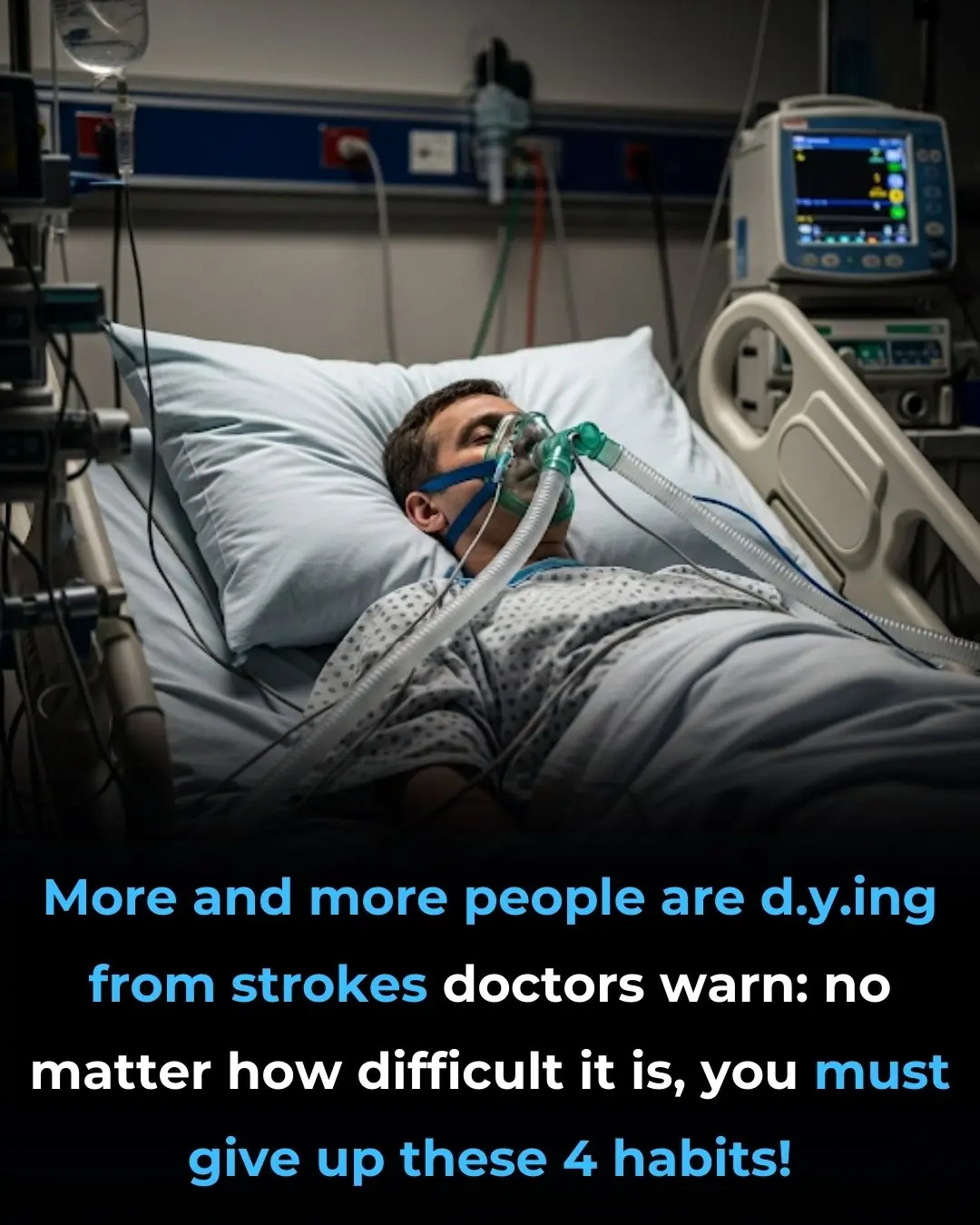
Preventing Stroke At Any Age: 3 “Don’ts” After Meals—And 4 “Don’ts” Before Bed

Why You Should Stop Using Petroleum Jelly On Your Skin (It’s a Byproduct of the Petroleum Manufacturing Process)
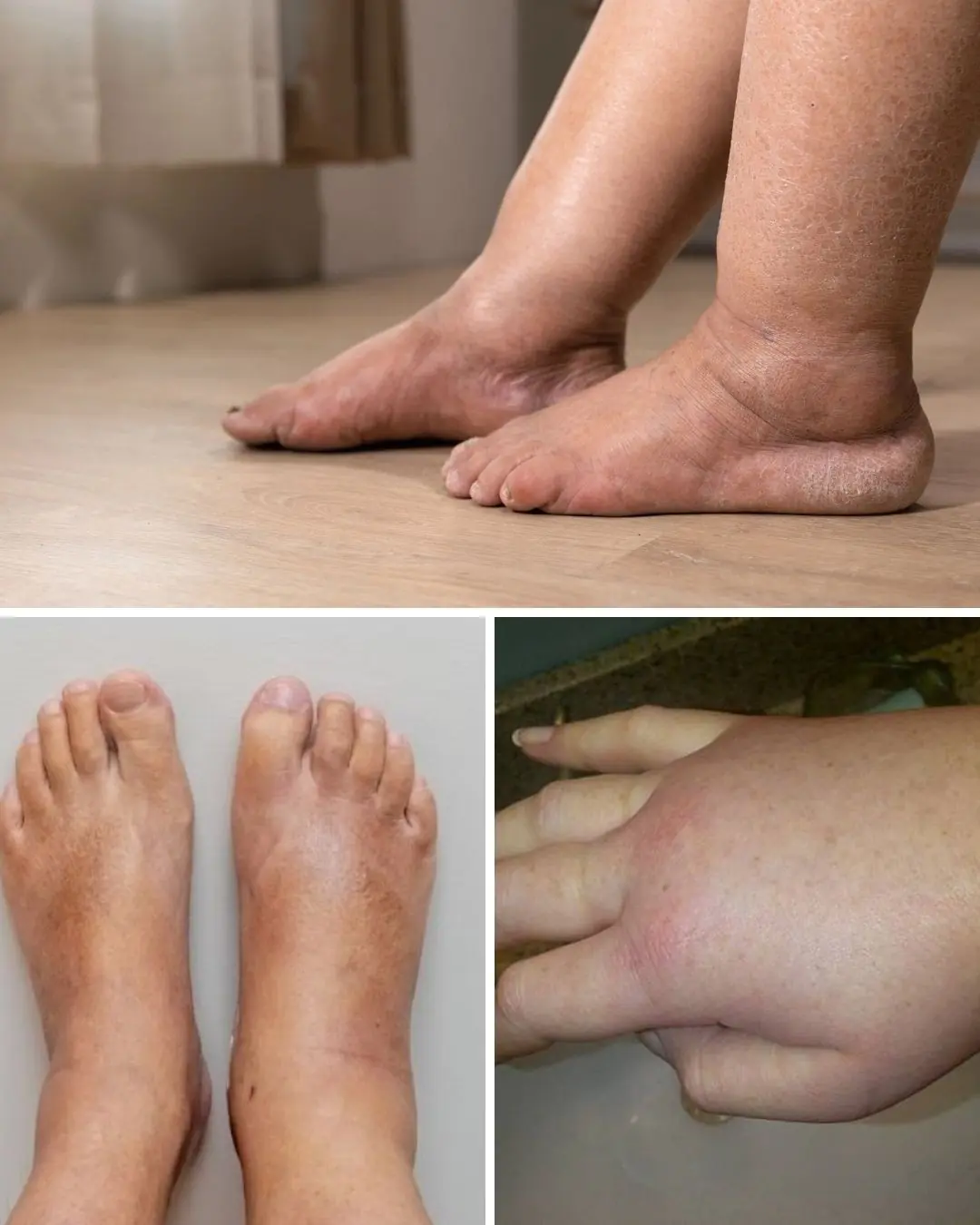
Foods that can ease swelling in hands and feet
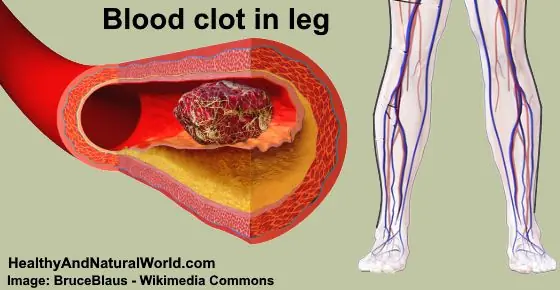
Blood Clot in Leg: Signs and Symptoms You Shouldn’t Ignore (Pictures Included)
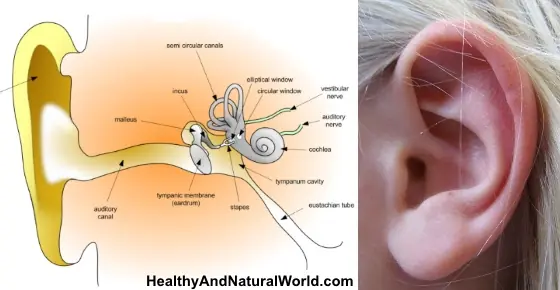
The Most Effective Ways to Naturally Get Rid of Clogged Ears

Most US Neurologists Who Prescribe MS Drugs Take Industry Money

Cognitive Benefit From Ginkgo biloba Monotherapy in MCI
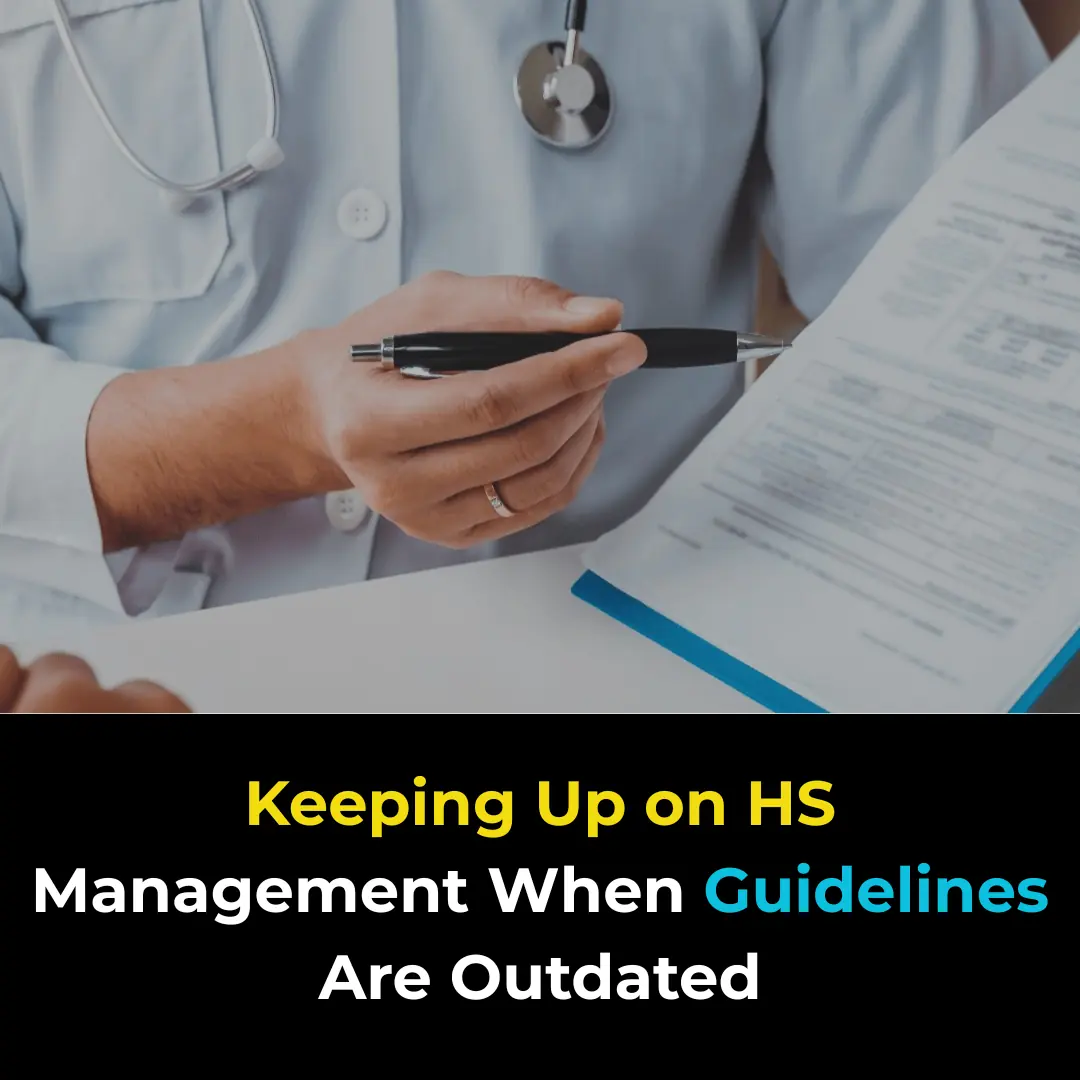
Keeping Up on HS Management When Guidelines Are Outdated

How Your Body Changes in Your Forties and What It Means for Your Health
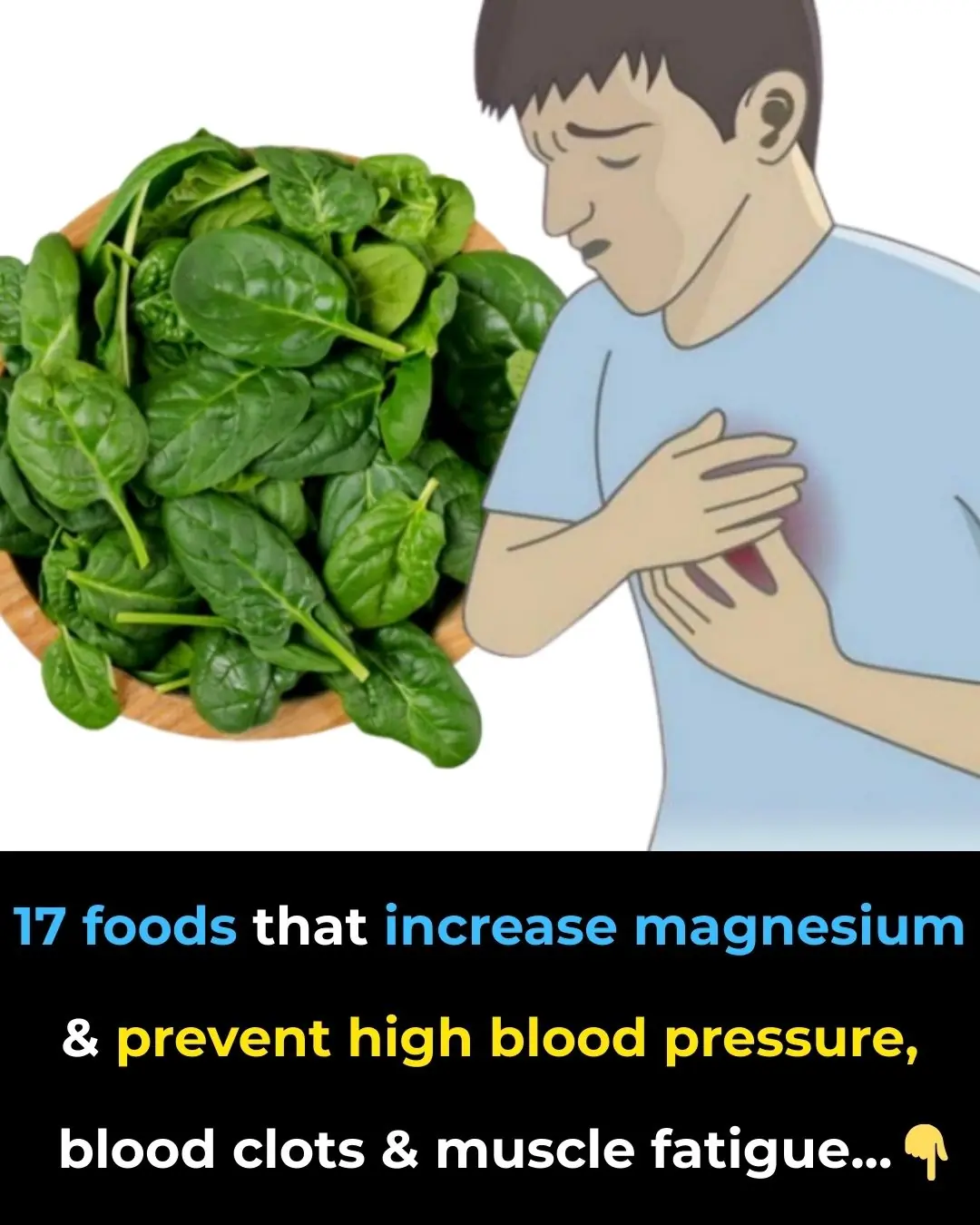
17 Foods That Increase Magnesium And Prevent High Blood Pressure, Blood Clots And Muscle Fatigue
News Post

#1 Best Way to Lower Blood Pressure Naturally and Fast

Neurologists urge: stop this daily habit now—it’s linked to strokes!

What Is the Small Cap Inside Cooking Oil Bottles For? Simple But Extremely Useful

A Trick to Repel Rats Using Common Household Ingredients, Keeping Your Home Clean, Fresh, and Rat-Free

Place a Face Mask in the Refrigerator: A Small Trick with Unexpected Results

Put Ice Cubes in Your Clothes Dryer, and You’ll Be Surprised by the Results

Why You Should Put Coins in the Refrigerator?
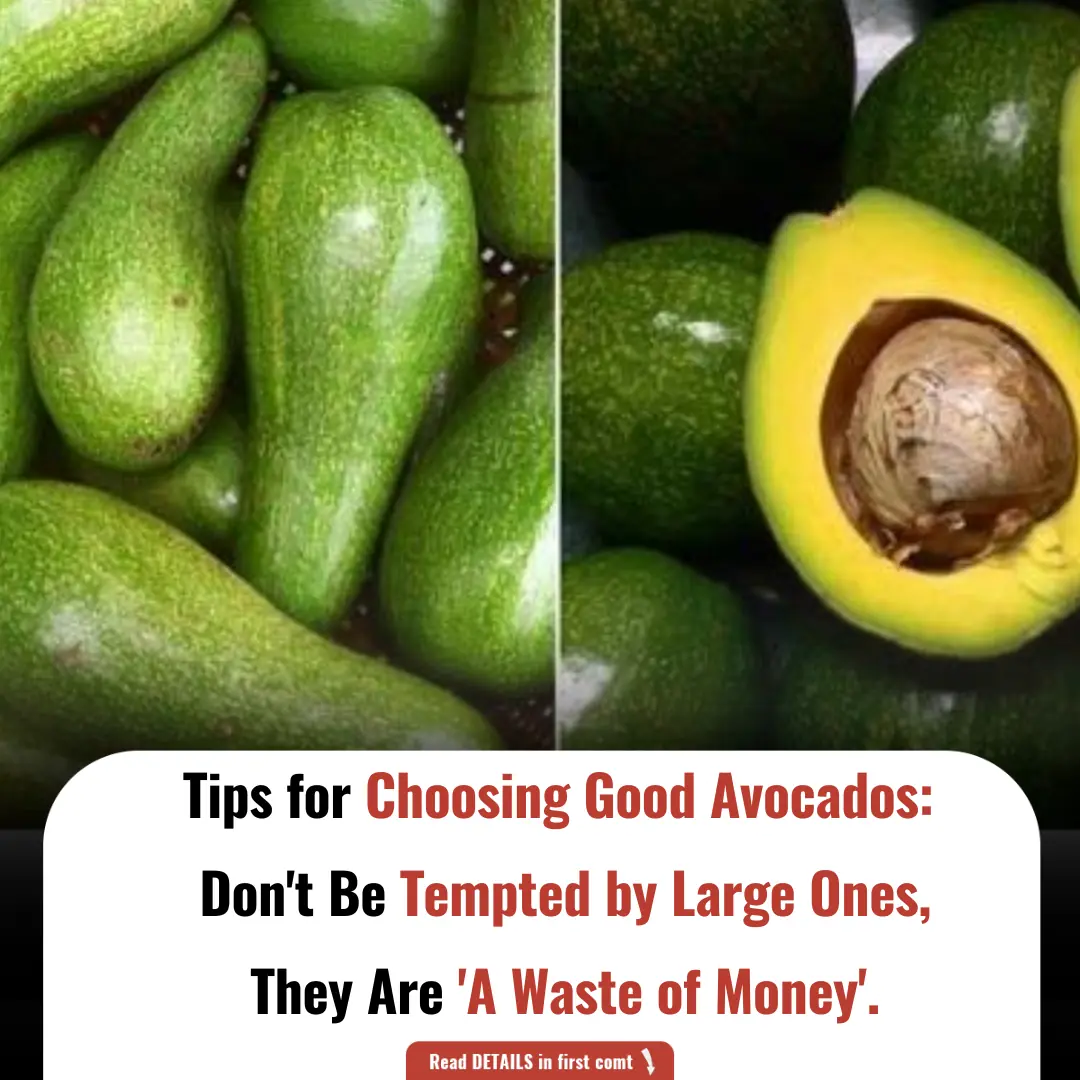
Tips for Choosing Good Avocados: Don't Be Tempted by Large Ones, They Are 'A Waste of Money'.

Natural Home Remedies for Ingrown Toenails That Bring Quick Relief

This Is What Happens to Your Body When You Start Eating Raw Garlic

What Those Red Spots on Your Skin Are Warning You About and How to Remove Them Naturally

Small Morning Habits That Many Overlook but Boost Blood Flow and Energy
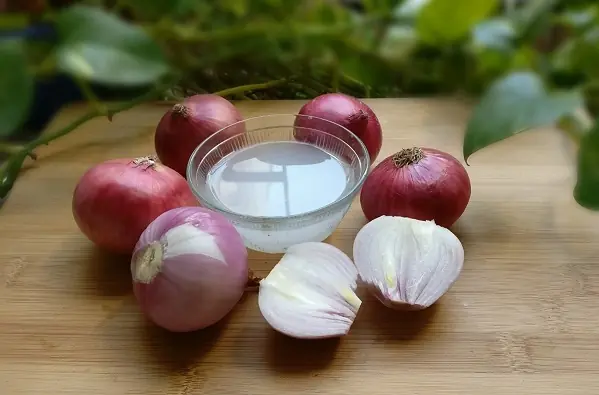
How to use Onion juice & Onion Hair Oil for Hair Growth – Onion Benefits for Hair

What it says about your relationship when your partner sleeps with their back to you

Woman Urged to See Doctor After Spotting Concerning Line

Homemade Okra Face Gel – Collagen Gel for Glowing Skin

What those strange skin patterns might really mean

Should You Eat Rice for Breakfast
